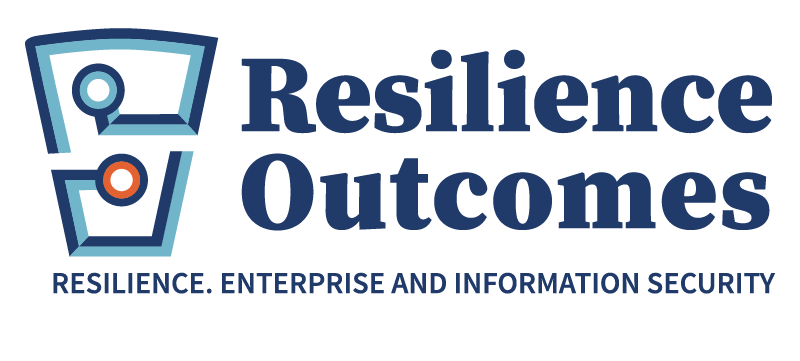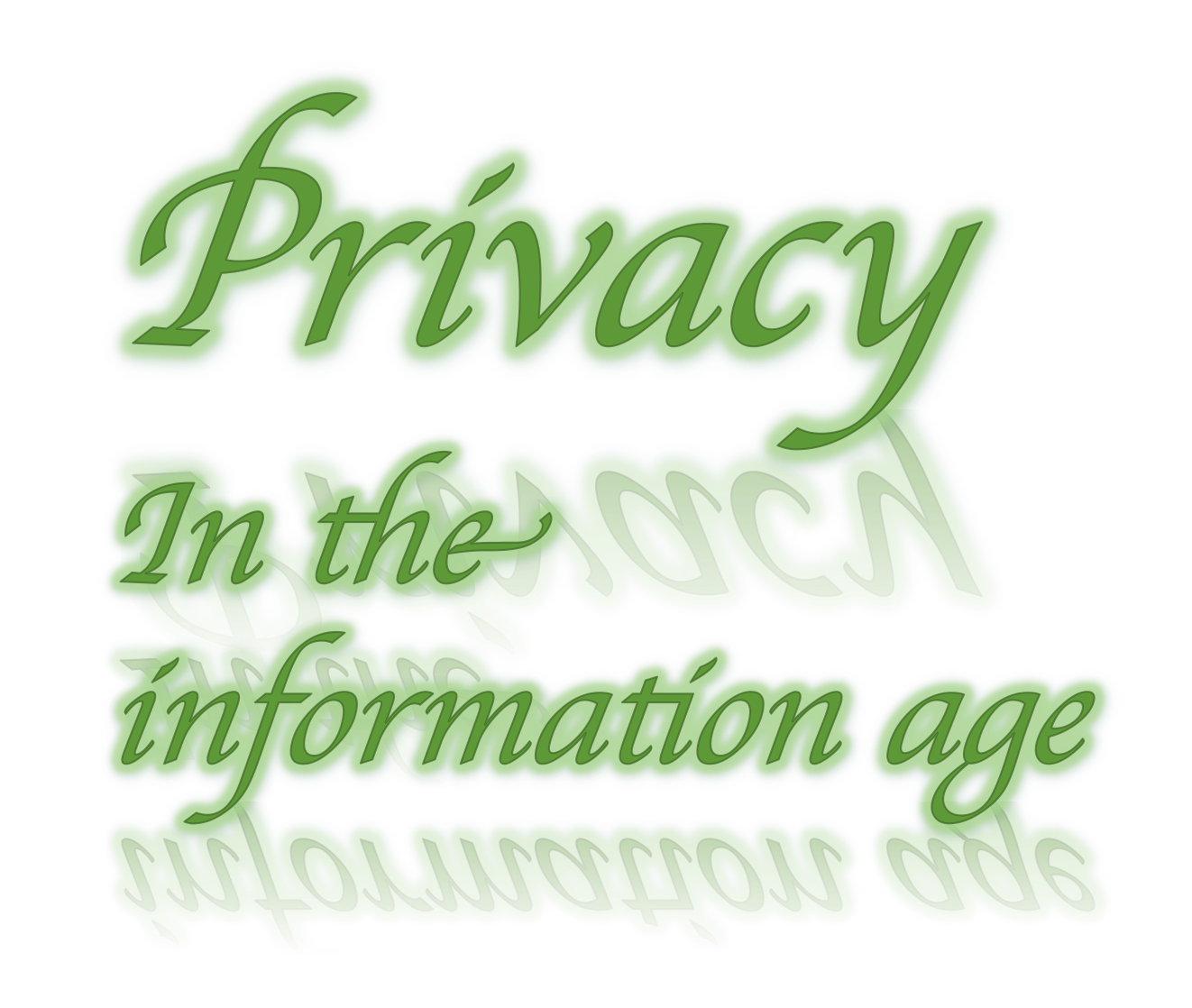The Four Corners program that aired tonight “In Google We Trust” was interesting if a little alarmist as these things sometimes are. But it did make some good points about privacy in the information age.
- There was an interesting piece of information about the NSW Police licence plate tracking technology which has been installed on about 200 police vehicles and has contributed to a database of several million pictures of cars, numberplates and associated metadata.
- Whilst the NSW Police were willing to explain what the technology did, they were unwilling to explain how it was being used or what protections were placed on the data.
- Comments by Danny O’Brien from the Electronic Frontier Foundation emphasising that data held for non-US citizens by US corporations has none of the protections that one might otherwise expect, despite the protestations of Google, Microsoft, Apple and others.
- The assertion that Australian authorities might be using this to circumvent Australian laws by getting the US authorities to ‘retrieve’ Australians’ data and hand it over to Australian authorities.
- Revelations that a broad number of agencies including Australia Post and the RSPCA (yes the dog and cat people) were able to access Australians’ metadata with no legal oversight and little administrative control.
- The poignant comment by one of the commentators that when information becomes available, people find a way of using it before actually thinking whether they should. This was followed by the question of whether in a democracy the government should know as much about you as it can, or whether there should be limits?
As an aside, it would seem that the US has been telling fibs when it said that the NSA PRISM system was just used to catch terrorists and that there was no economic espionage undertaken. The Brazilians are rightfully annoyed after the latest Snowden leaks reported in the Wall Street Journal show that the NSA targeted the Brazilian national oil company Petrobas. The article states
In the past, the U.S. has harshly criticized Chinese hackers, for example, for allegedly engaging in industrial espionage. But the new allegations at the very least showed the NSA using corporate targets for training purposes. One of the slides presented on the show listed three reasons for spying—one was “economic.”
A case of pot calling the kettle black I wonder?



Recently seen here